Last year Pope Francis invited everyone to observe the Season of Creation. It begins Sept. 1, the World Day of Prayer for the Care of Creation, and concludes Oct. 4, the feast of St. Francis of Assisi, the patron saint of ecology. The symbol for this season is the burning bush, a reminder of the wildfires wreaking havoc in some states. But also a depiction of Moses’s burning bush. God was present in those flames that did no harm. We are to look for God’s presence in all of nature.
Back in 2015 I posted the following reflection. It is more apt than ever today.
Years ago when I was in Vancouver, my companion and I went up a snow-covered mountain to a ski lodge. From that height, the view was spectacular: a vision of pale blue water and islands wrapped in lavender mist. Not having a camera, I tried to imprint the scene on my mind for future reference.
Such revelations of the world’s beauty touch the heart and can move us to tears. We see awesome sights not only in person, but in the National Geographic and posted on the Internet. Our earth, a blue and green gem floating in black space, was entrusted to us by God, its creator. We have dominion over it and all the plants and animals that exist in it. Apparently we are failing in our responsibility—so much so that Pope Francis has written a letter to the world in which he doesn’t mince words. He states, “The earth, our home, is beginning to look more and more like an immense pile of filth.”

I think of the depleted forests, the miles-wide island of plastic floating on the ocean, the corpses of animals slain for just a small piece of them like a tusk. But I also think of the people who toss garbage out of their car window. When this happens in front of me, I feel like making a citizen’s arrest! Then there are those who cover walls with graffiti and those whose houses and lawns look like no one lives there.
On the other hand, some people are fiercely fighting to keep our world reflecting its pristine beauty. Just this week I observed a man walking along our curbside, spearing litter and depositing it in a bag. Then too there are organizations working to save animals, purify water, and reseed forests. We are encouraged to compost, recycle, be sparing with water, and cut down on carbon emissions.
The true, the good, and the beautiful have long been identified as values that human beings yearn for. Straying from them is in a way an assault on our very selves. It makes us less than the kind of humans we are meant to be. The three ideals are found in their fullness in God.
St. Augustine in his book Confessions addressed God as “Beauty ever ancient, ever new.” We’ve been taught that creation reflects God, its maker. Its beauty is a sign of God’s incredible beauty. We speak of beholding God in heaven as the Beatific Vision. Beatific here means causing happiness. Preserving and cultivating the beauty of the earth leads to joy. Marring it and turning it into something ugly is not only sad, but it insults God. Moreover, it cheats our grandchildren and their descendants.
The next time you sing, “For the beauty of the earth, for the glory of the skies, . . . .” a hymn giving thanks to God, you might resolve to show your thanks by cherishing and protecting the gift of earth.
In the meantime, you might reflect on the lyrics:
• What is the most beautiful thing you have seen on earth? A graceful deer leaping over a fence? A multicolored rose? A sleeping baby? What steps have you taken to keep our world flourishing?


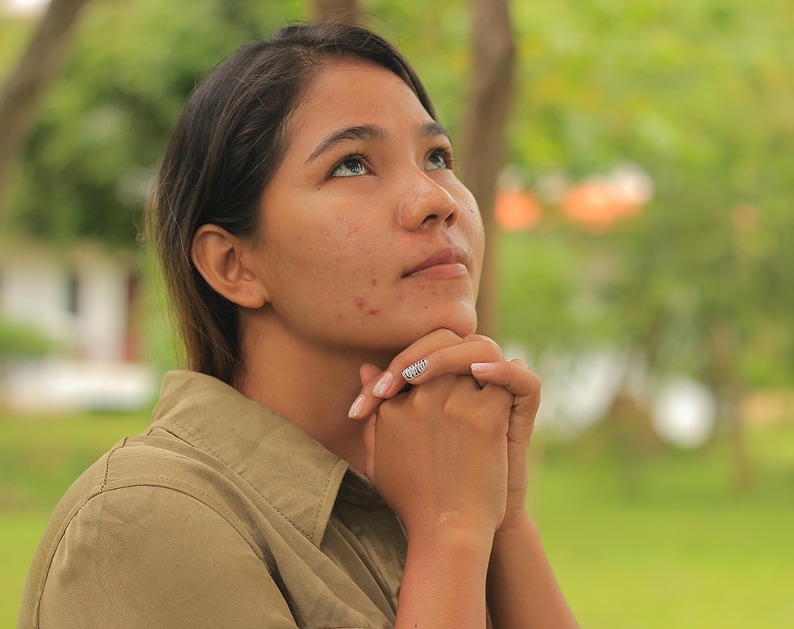
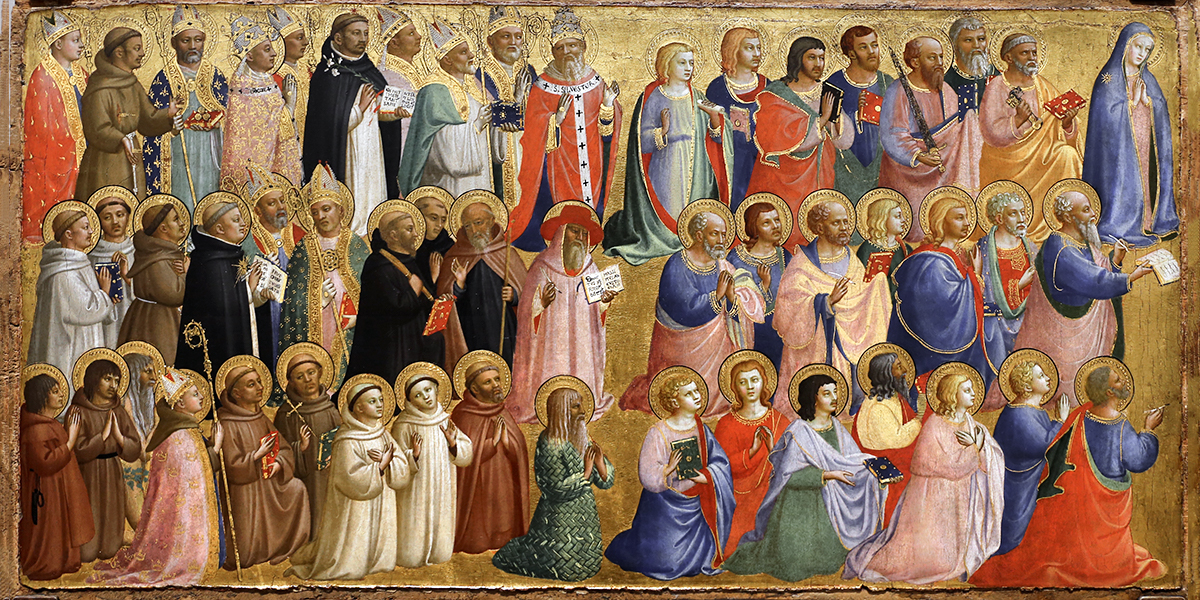


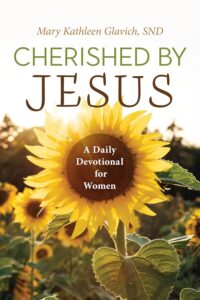
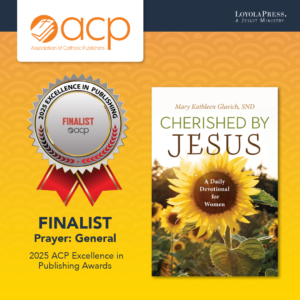
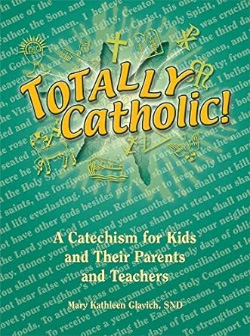


4 Responses
Hey Sister,
Ah, the old saying, beauty is in the eye of the beholder.
Your topic is a subject that I’ve been debating with a theologian for some time now.
Most people don’t like change. When it comes to the environment there are some people that will go to extremes to prevent change. The earth has changed before man and will continue to change long after we are gone. Does man have a hand in the change, sure. The day humans went from being hunter/gathers to farmers is when we started to change the face of the earth significantly. Did that cause the earth to become ugly? If you say yes, visit Ireland. It’s beautiful.
I don’t think there is anyone who isn’t for clean water and fresh air. But how many people are willing to give up modern transportation or go live in the forest with nature for the sake of saving our world and help nature flourish?
Please don’t get me wrong, I’m not against the Pope. I’m not saying he is wrong, but I’m not saying he is right either, all because of scientific reasons, not religous reasons. Life on our planet has endured way worse things than man. Life will continue to do so until the end of time.
So, what have I done to help the earth flourish? That’s not for me to judge. But I will say, what I think is beautiful may not be the same what you think.
Mark
Hi, Mark!
I neglected to point out that man (and woman) have also created things that make the world more beautiful, like the cathedrals, artwork, and gardens.
PBS is showing a series called “First Peoples” that illustrates some of the ideas you mention. Hope you are watching it or will watch it. I think you’d enjoy it.
I used to live in Switzerland, and I was greatly impressed by how pristine the Swiss treat their country and how much they respect its natural beauty. The Swiss go to great lengths to beautiful their already beautiful landscape. They NEVER litter, well, almost never. In the ten years I lived there I saw only one piece of litter – a candy wrapper. Every village has a large forest with many paths to walk through (and I walked through daily). Almost all of the Swiss have gardens and flower boxes filled with primroses, geraniums, and petunias. They put all their electric and phone lines underground, not because of inclement weather, but because it would mar the landscape if they did not.
I never litter, either. I think litter disrespects God. I also try to beautify the landscape with flowers and try to encourage my community to do the same. Sometimes they do, sometimes they don’t.
Despite Switzerland’s wonderful natural beauty, I think the most beautiful place I have ever seen is Bellagio, Italy. It sits on a clear blue lake that sparkles in the sunshine, and the Alps surround it, though it is almost always in sunshine. The townspeople hang baskets of flowers from every lamp post and there is plenty of room to sit by the lake and have something to eat or drink. I loved every minute I spent there.
Gabrielle, you reminded me that I found the absence of litter in Vancouver remarkable too. I wonder why our country is so different. Some people throw litter onto my lawn from their cars or as they’re walking along. On the other hand, sometimes I see an elderly woman or an elderly man going down the sidewalk with a bag and picking up litter.